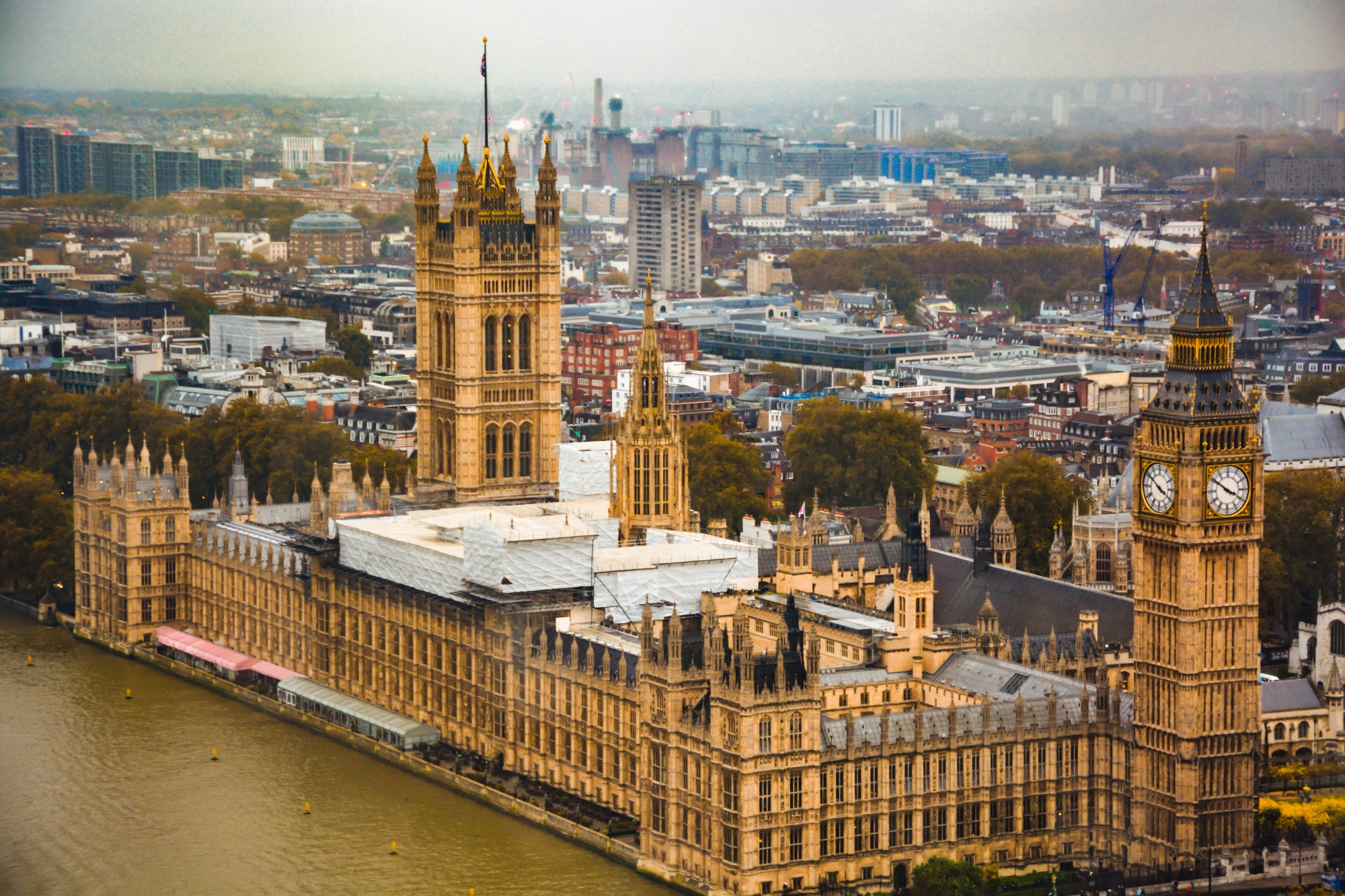Born on the Fourth of July

I’m sure that you’re aware that here in the UK we will be having a General Election on the 4 July this year. This is an election to choose the government, that is the group of people who run the country for the next 5 years.
In this country, unlike the USA and France for example, we don’t vote separately for our Prime Minister: the way it works here is that you vote where you live (which is called a constituency or a seat) for who you want to be your Member of Parliament and then the leader of the political party which wins becomes Prime Minister. In France and the USA – as well as lots of other countries – they vote separately for their President. Our MP here in the Ealing Central and Acton constituency is Dr Rupa Huq, who, if you remember, visited us before Christmas. You may have a different MP if you live in a different constituency; it’s a good idea to know who your MP is and which party they represent.
The two main political parties in the UK are the Conservatives (known as the Tories), led by the current Prime Minister Rishi Sunak, and the Labour Party, led by Sir Keir Starmer. There are also other parties, such as the Liberal Democrats (usually considered to be in between Conservative and Labour in their political views), the Green Party (who are very committed to environmental issues such as climate change) and the Reform Party, who are basically a more extreme version of the Conservatives, with strong views on such issues as immigration, that is who comes to live in the UK and in what numbers.

I wonder if you have begun yet to develop your political views. Even if you haven’t, you should probably be beginning to think about what you might believe, as our political views are an important element of our selves, as they reflect what we call our worldview – the way in which we look at and judge things. In terms of philosophy, very simply put, conservatives were generally considered to believe that, left to our devices humans would not behave well and therefore needed strong laws to keep our natural instincts in check. As the name suggests, conservatives are traditionally sceptical about change, preferring tradition. In contrast, liberal views (what we would now call Labour) were that humans were naturally good, and if allowed to do so, we would behave well. A liberal outlook would usually be more positive about change than a conservative one, what we call progressive. More specifically, and very crudely, traditionally, Conservatives have believed in lower taxes and less intervention in our lives from the state, and Labour have believed in higher taxes and more state control. Labour have been considered the party of the working classes and towns and the Conservatives the party of business and the countryside.
One of the big differences in the policies of the two parties at this election – and one which affects our school – is the Labour Party’s proposal to introduce VAT on private school fees. As you know, most children go to schools which are free to attend (apart from the taxes parents pay on their earnings), and these are called state or maintained schools. However, you are part of the 7% of the population of school-age children who attend a private school, ie one which your parents pay for, on top of the taxes they already pay. VAT stands for Value Added Tax, and is a tax which you pay when you buy something, on top of the cost of the item. Many things are exempt from VAT, such as medicines, sports activities, most food and drink and, at the moment, education. The Labour Party’s argument is that by charging VAT, which is 20%, on private school fees, with the income they get they will be able to pay for a lot more teachers for state schools, where there is currently a shortage. It would be a good idea for you to discuss this issue with your friends and family, and decide what you think.
It’s very exciting that we are going to be having a mock election at St Benedict’s before the end of term, when you will get the opportunity to practise your democratic right. It’s really important that you inform yourself and that you vote for the party and the candidate whose policies you agree with most, not for the person you like the most. In some countries it’s compulsory for adults over the age of 18 to vote, and thinking back to my words about D-Day last week, many people have fought and died over the years to defend our democracy, so we should take it seriously.